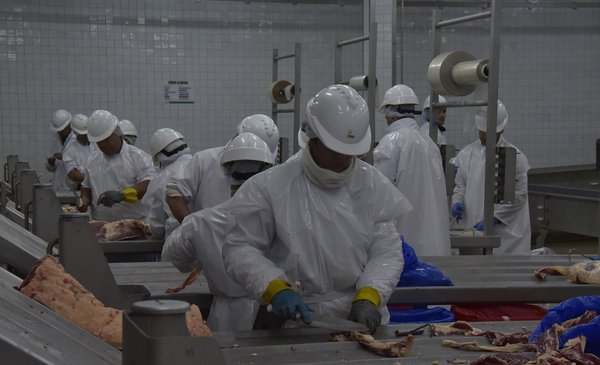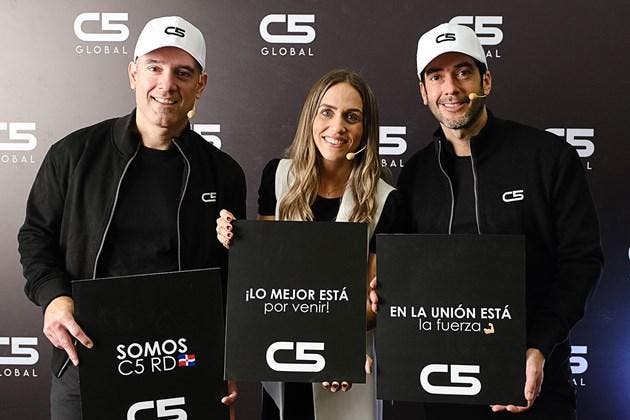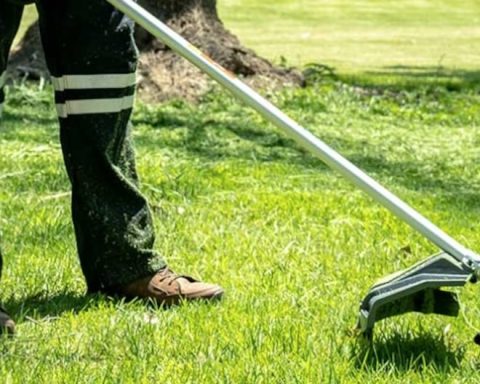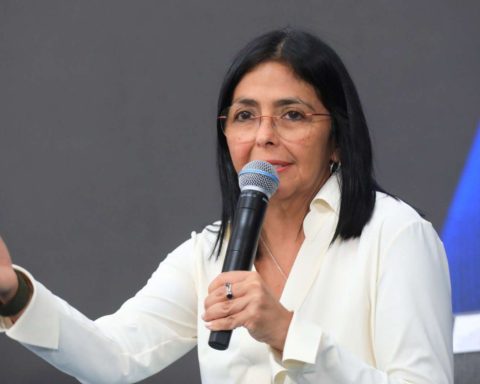The authorization recently granted to Uruguay to export meat to Egypt and Saudi Arabia consider compliance with Halal religious certification, required by Islamic markets as a seal of quality and health.
Pablo Nadal, head of the Animal Industry Division of the General Directorate of Livestock Services (DGSG) of the Ministry of Livestock, Agriculture and Fisheries (MGAP), explained to The Observer what in arabic Halal means allowed and that certification is not only required for meat but also for other products and practices.
The Haram, on the other hand, is the forbiddensuch as games of chance, he detailed when explaining those terminologies typical of those destinations.
He remarked that the MGAP is not responsible for these certificationsbut private companies specialized in the subject, since It is a religious and not a health certification.
“The ministry certifies the health and safety of the product, but does not certify religious tasks,” he clarified.
Egypt and Saudi Arabia are not the only meat markets that require this certification. In 2018, the Islamic Center of Uruguay received certification from the Dubai Government International Accreditation Center to produce using the Halal rite. At that time, the Uruguayan Foreign Ministry indicated in a statement: “The new accreditation is another recognition of the high standards with which meat production is worked in Uruguay.”
How is Halal meat
“From the point of view of inspection, the meat is exactly the same, the raw material is the same as what we consume and export to other countries, the only difference is that the animals must be slaughtered with the Halal rite”indicated the director of the MGAP.
Only a company is authorized by Egypt to carry out, for that market, the Halal rite in Uruguay. Each importing country authorizes its certifiers, the health authorities do not intervene in this authorization, although they do recommend that the industry work with these certifiers so that the exported products are accepted upon arrival at their destination.
IS EG Halal is the only company that was authorized by Egypt when 23 Uruguayan refrigerators were audited to export meat to that country. Nadal mentioned that these audits were carried out by Egyptian veterinarians and religious actors who inspect the ritual slaughter.
As detailed, At the time of slaughter, the most important person in the industry is the one who slaughters the animals. A technical official (a veterinarian) and a religious one participate in the ritual.. At that moment, the head of the animal must be oriented towards MeccaFurthermore, in this ritual stunning of the animal prior to exsanguination is allowed –as it does not happen in the kosher ritual that Israel demands–.
Halal meat cuts must have a seal that identifies their slaughter and must be stored in separate cold rooms to the rest of the cuts that have not gone through the ritual. Cold rooms must also have identification.
After the visit of actors from the Egyptian market to Uruguayan slaughter plants, they transmitted to the MGAP authorities their animal welfare concernsaid the director. It is important for the Halal rite that the animals are transported and bled in the refrigerators under conditions of animal welfare.in which “unnecessary suffering” is avoided, detailed Nadal.
A lifestyle
According to data from the Halal Uruguay Foundation, this term is understood by the Islamic population as a lifestyle, since it encompasses food, clothing, hygiene, the economy and commerce.
“Islam urges believers to eat in a healthy and balanced way, without excesses and taking care of their physical condition, through the prohibition of the intake of some foods such as pork, birds of prey, carrion, blood, alcohol and its derivatives, among others”, indicates the foundation’s website.
Honey is another product that is exported under this religious procedure.
Other Halal Uruguayan products
Nadal said that all products that are exported to countries with presence of the Islamic market have Halal requirementfor example dairy and honey.
Mónica Larrechart, Head of the DGSG Dairy Sanitary Control Department, explained that Markets such as Malaysia, Indonesia and Egypt, where Uruguay exports butter and powdered milk, require this certification.
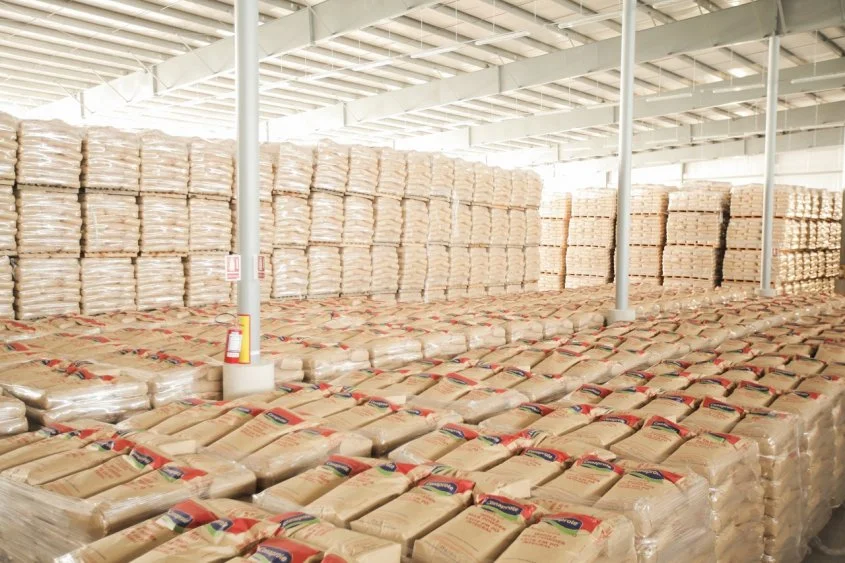
Halal certification is also done on dairy products.
As he said, it is important for food industries to pay attention to the certifying companies authorized by each country, otherwise “markets can be lost”, since importers only accept the certifying units that they recognize.
“This, like other certifications, It is based on the control of the ingredients or substances that are allowed for religion and that no prohibited elements or practices are involved.. It has a very large hygiene component. It is very important to prove that the products were not crossed or contaminated by non-Halal products”, he maintained.
